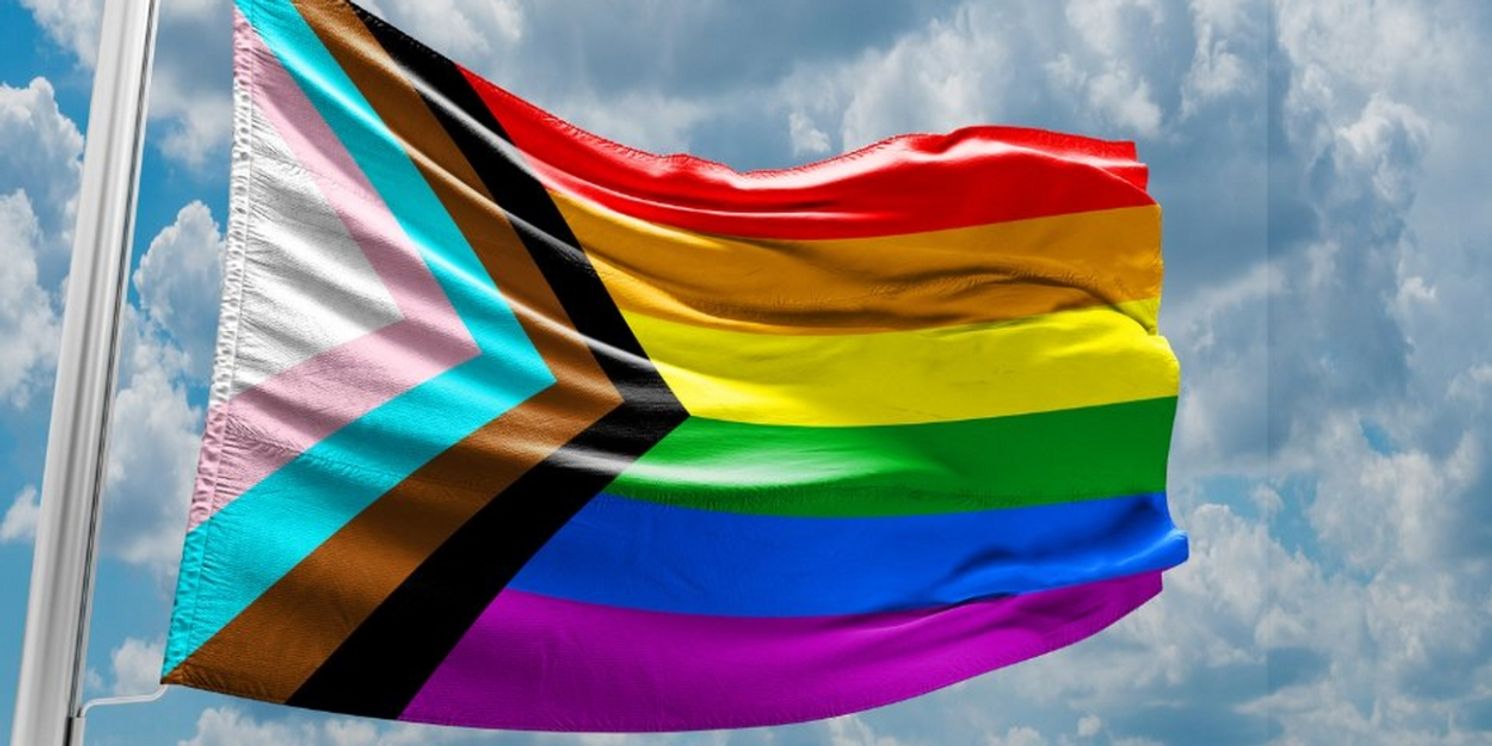Republicans Target Drag Queens With Proposed Legislation in 14 States
The latest proposed legislation follows an unprecedented period of proposed laws targeting the trans community.

A wave of Republican lawmakers have introduced at least 26 bills aimed at restricting drag events in 14 US states early in the 2023 legislative session, in what many see as a conservative backlash against LGBTQ rights. The bills, for which there's "no recent precedent", seek to prevent children from attending drag performances and to ban the shows from public venues, or to require hosts of drag events to register as "adult-oriented businesses," according to LGBTQ advocacy groups.
A Washington Post analysis has found that the first bill seeking restrictions on drag shows was pre-filed for this year's legislative session. Some lawmakers pushing for the bans have said that their efforts are aimed at limiting the exposure of children to drag shows, but LGBTQ advocates say these are false claims.
The Family Policy Alliance, a conservative Christian organization, has been identified as playing a key role in the legislative push, the Post reports. Numerous state affiliates of the organization have helped to fuel the movement, according to presidents of the state groups and their websites. Blaine Conzatti, President of the Idaho Family Policy Center, wrote a bill that a Republican state lawmaker plans to introduce this month. He said that "Just like we wouldn't want strippers on poles in schools - even if their body parts are not exposed - we don't want drag performers to be present in front of children."
LGBTQ advocates claim that these bills, which accuse drag performers of trying to "recruit" or "groom" children, are a familiar trope used by conservatives to generate public fear, which is then leveraged to enact legal restrictions on the LGBTQ community. They say proponents of the drag laws are falsely equating sometimes bawdy events in adult-only venues with family-friendly performances at libraries.
The proposed bills have been met with resistance from drag performers and their supporters. Timothy Sherwood, a drag performer who was crowned Miss Gay Texas in 2022, has argued that these laws will affect the trans community, nonbinary communities, and gay communities as well. Opponents of the bills say they are so broadly written they would effectively shut down drag shows, as many proposed laws would require venues to register as "adult-oriented businesses," meaning they would have to be located in the same areas zoned for strip clubs or adult sex toy shops. This could shut down drag shows at venues like college campuses, restaurants, and community theaters, as BroadwayWorld previously reported.
In addition to the drag event bills, Republican state lawmakers have introduced a number of other bills seeking to restrict LGBTQ rights, particularly trans rights. This includes bills that require students to use school bathrooms that align with the gender they were assigned at birth and bills that ban transgender girls from participating in girl sports teams. In 2022, 315 measures to restrict LGBTQ rights were introduced in state legislatures across the nation - triple the number of similar bills introduced in 2019, according to data from the Human Rights Campaign.
The movement against drag shows has also sparked volatile protests. In January five armed members of the Proud Boys, a far-right group with a history of violence, confronted families attending a Salt Lake City show.
Drag shows have become more mainstream in recent years, and have expanded to hundreds of libraries through Drag Queen Story Hours, which aim to teach children gender diversity and acceptance through book readings and shows.
Videos

